Google released AI results showing that the company's AlphaGeometry 2 reached the level of students who won gold medals at the International Math Olympiad.
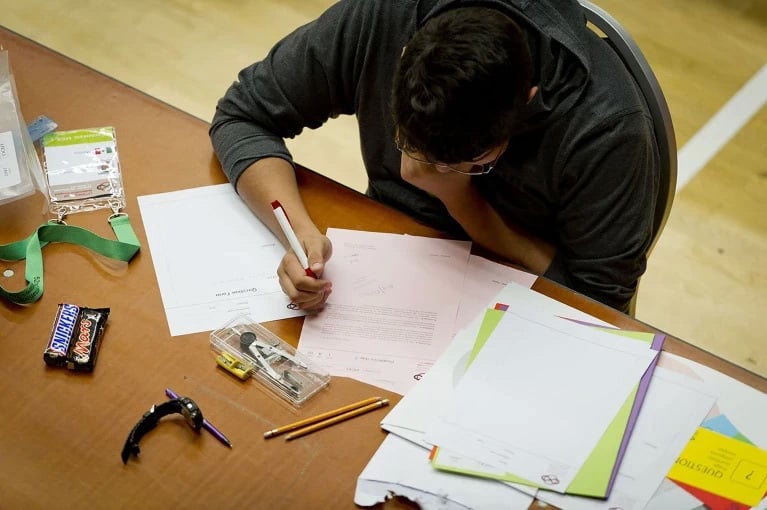
The International Mathematical Olympiad is an annual competition for talented students - Photo: Nature.com
Since January 2024, the Google DeepMind team has announced in Nature - the leading prestigious scientific journal - an AI tool to solve AlphaGeometry problems that has amazed the world. DeepMind has demonstrated the level of students who won silver medals at the International Mathematical Olympiad (IMO).
Vietnamese scientists participate
On February 5, 2025, Google DeepMind's AI team announced the results of their new system, AlphaGeometry 2, which surpassed the average score of IMO gold medalists. The results were described in a pre-release table and were also reported by Nature.
One special thing is that the research members of this Google DeepMind group include three Vietnamese scientists (THTrinh, Y.Wu, QVLe, H.He and T.Luong) in the 2024 paper and four Vietnamese (Yuri Chervonyi, Trieu H.Trinh, Miroslav Olšák, Xiaomeng Yang, Hoang Nguyen, Marcelo Menegali, Junehyuk Jung, Vikas Verma, Quoc V.Le and Thang Luong) in this year's paper (2025).
"I think it won't be long before computers get full marks on IMO," says Kevin Buzzard, a mathematician at Imperial College London.
Solving Euclidean geometry problems is one of the four topics in the IMO math exams. The other topics include number theory, algebra, and combinatorics. Geometry problems require special skills because candidates have to come up with rigorous proofs involving geometric objects on the plane.
Last July, AlphaGeometry 2 was released to the public along with a new system, AlphaProof, developed by DeepMind to solve problems that are not part of the geometry problems in the international Olympiad set.
I think it won't be long before computers get the full score on IMO.
Kevin Buzzard (mathematician at Imperial College London, UK)
Language of mathematics
The Google AI team trained DeepMind's "language model" to speak a common mathematical language, allowing it to automatically check the logical correctness of its output — and weed out the wrong or incoherent statements that AI chatbots often make.
For AlphaGeometry 2, the team made a number of improvements, including integrating Google's state-of-the-art large language model, Gemini. The team also introduced the ability for the AI to reason by moving geometric objects on a plane — for example, letting it move a point along a line to change the height of a triangle — and having it solve linear equations.
The AlphaGeometry 2 system can solve 84% of all geometry problems posed in IMO math competitions over the past 25 years, which is Olympic gold medal level, compared to the 54% achieved by AlphaGeometry.
Last year, AI teams in India and China used other methods to also achieve gold medal-level results in geometry, but on a smaller set of IMO geometry problems.
The authors of the DeepMind paper write that future improvements to AlphaGeometry will include solving mathematical problems involving inequalities and non-linear equations, meaning it will be able to solve the full range of geometric problems.
Rapid progress
The $5 million prize, called the AI Math Olympiad Prize, goes to the first AI system to achieve a gold medal-level performance for an entire Math Olympiad, with the requirement that those systems be open source, something DeepMind has yet to do.
Kevin Buzzard said he was not surprised by the rapid progress of both Google DeepMind and the Indian and Chinese teams. But, he added, while the problems were difficult, they were conceptually simple, and there were many challenges to overcome before AI could tackle problems at the level of mathematical research.
Eagerly waiting for the upcoming International Mathematical Olympiad
AI researchers are eagerly awaiting the upcoming International Mathematical Olympiad (IMO) on Australia’s Sunshine Coast in July. Once the competition’s problems are released to contestants, AI systems may also be allowed to solve them. (AI teams are not allowed to participate in the competition and are therefore not eligible to win medals.)
Such novel problems are considered the most reliable tests for AI systems, because they are either completely new or their solutions have not yet appeared and are therefore avoided in training data, making the AI solution results lose their integrity.
Source: https://tuoitre.vn/ai-da-dat-trinh-do-huy-chuong-vang-olympic-toan-quoc-te-20250216075505787.htm


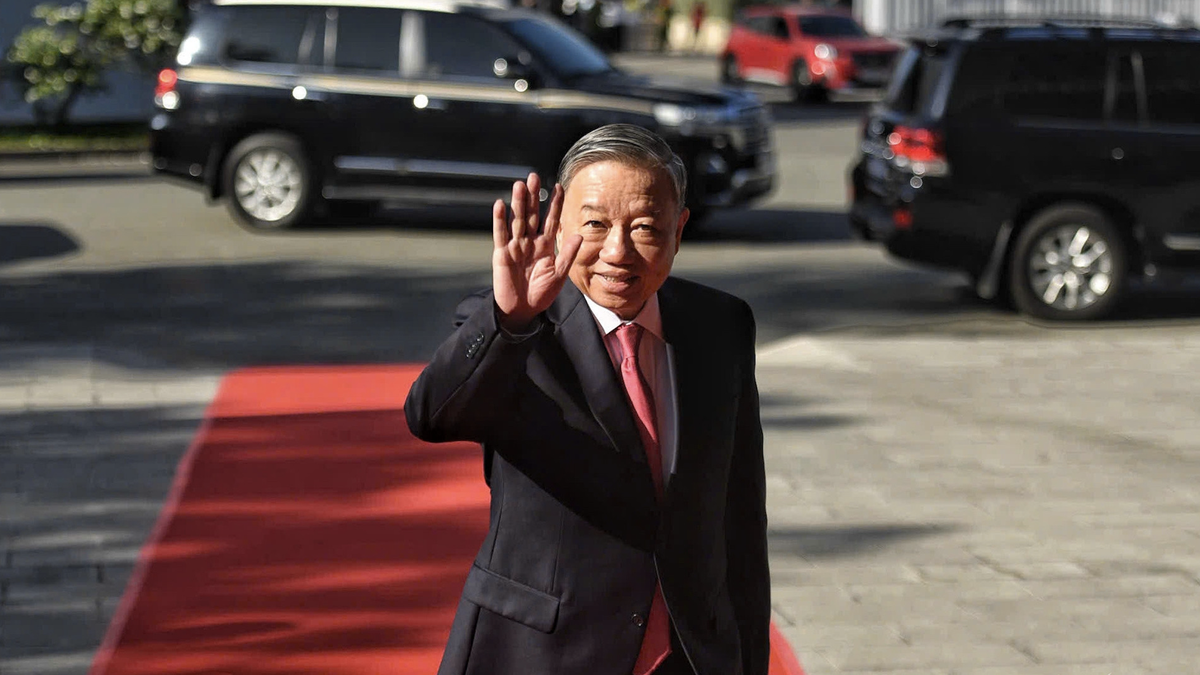

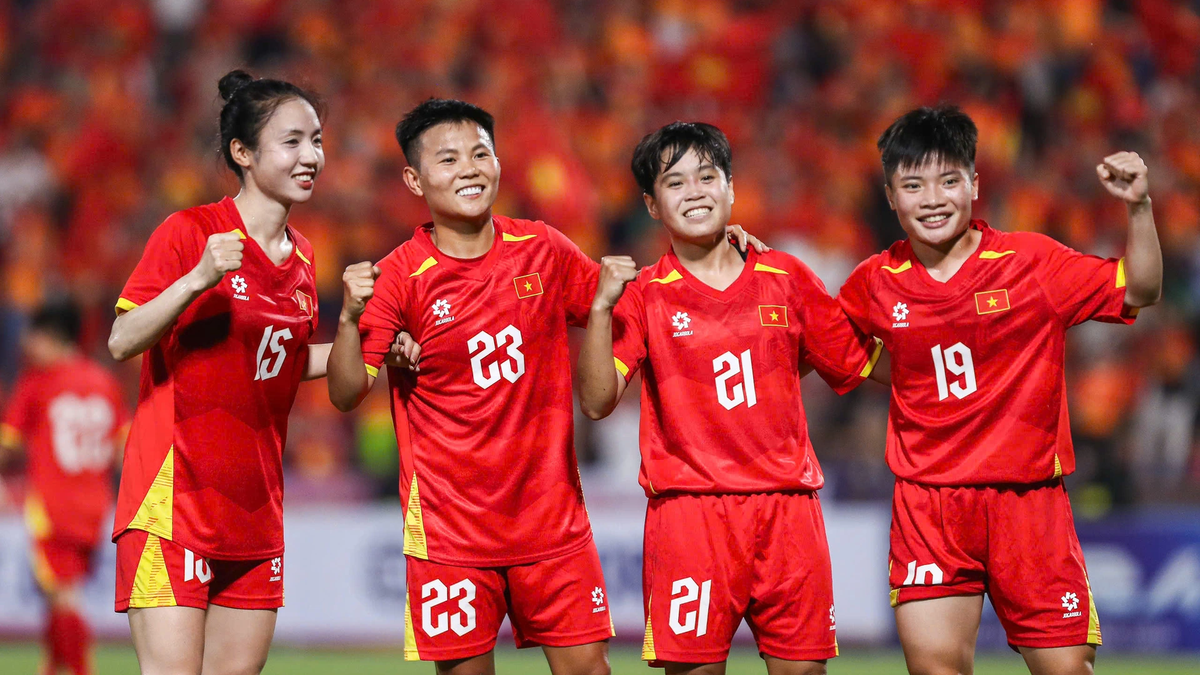
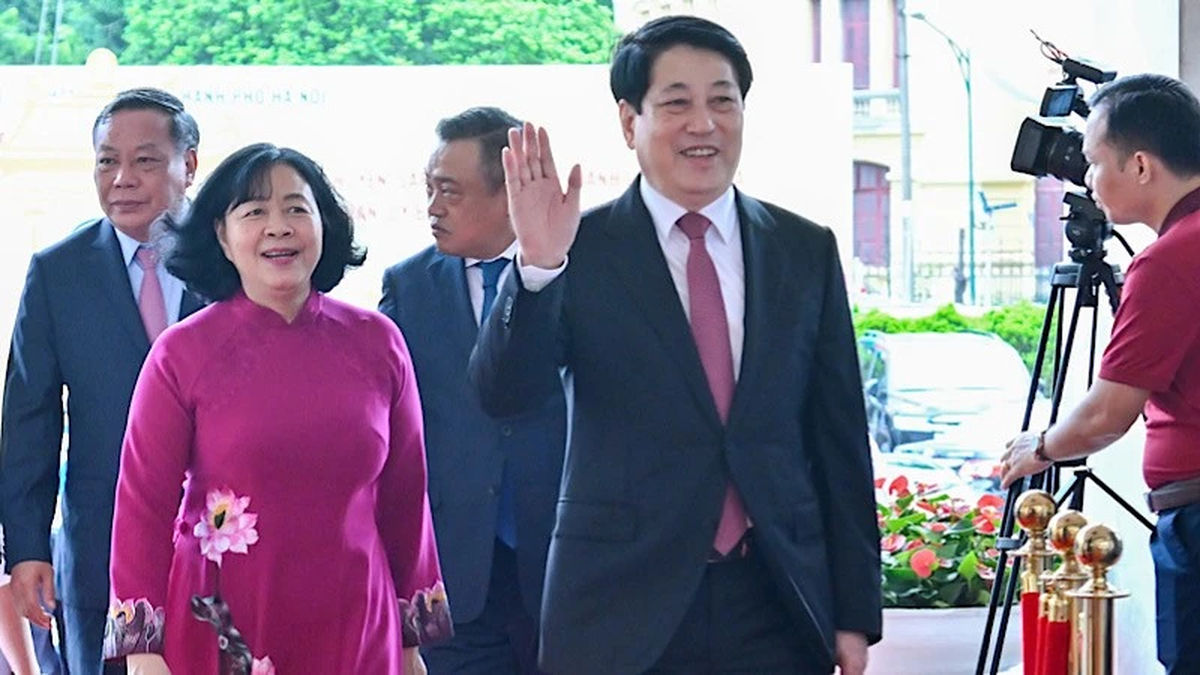








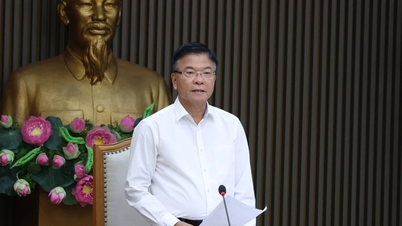

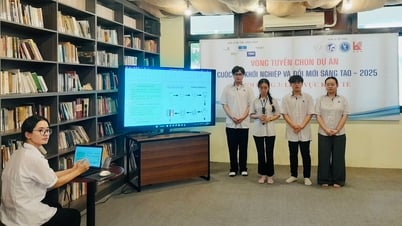




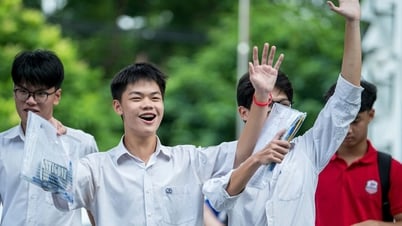
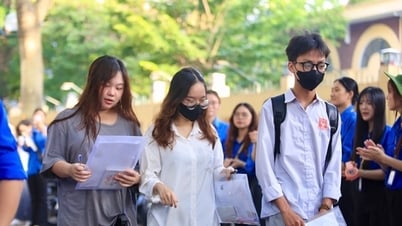





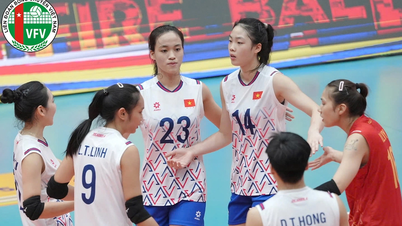

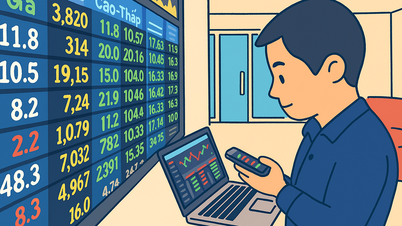
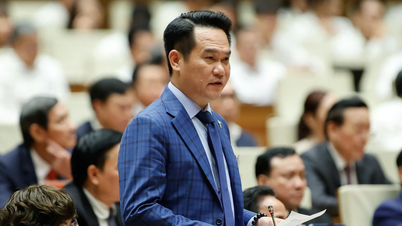




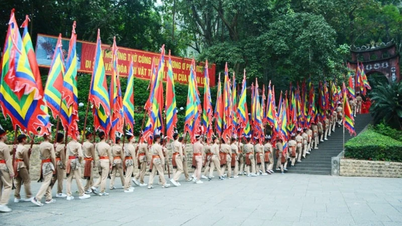






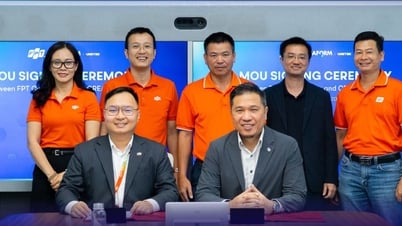


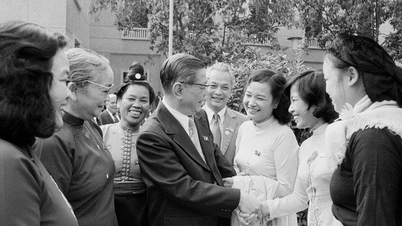






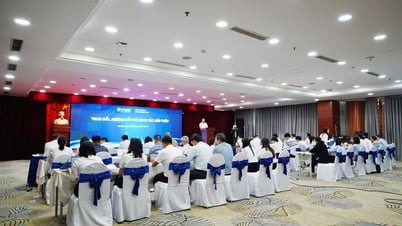

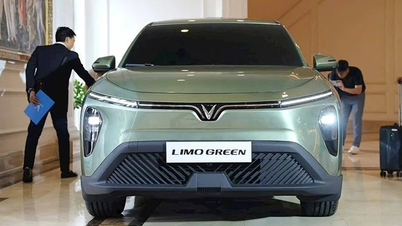


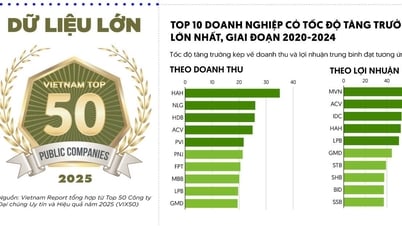

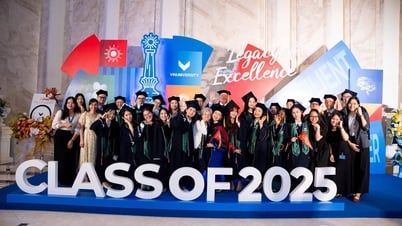
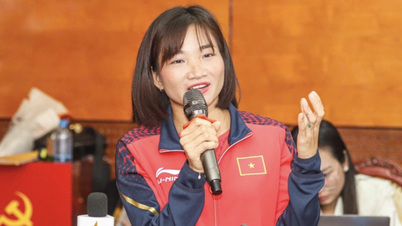
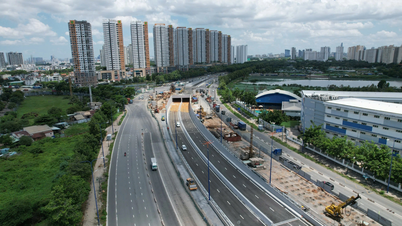



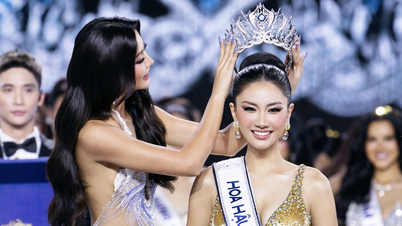
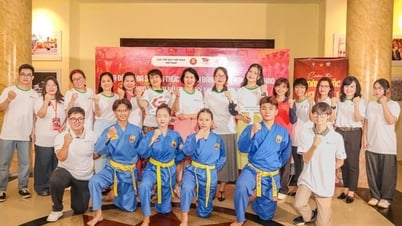




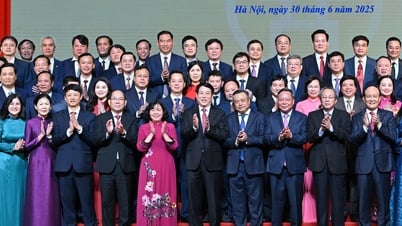

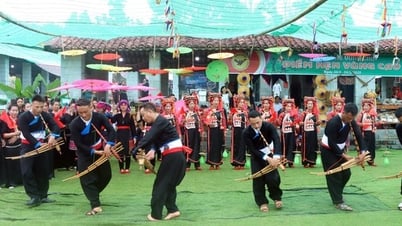
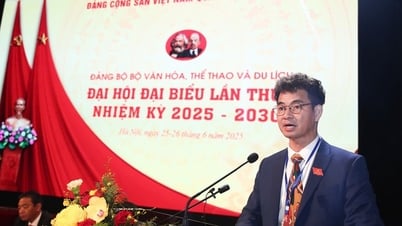

















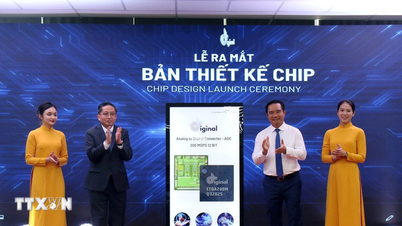





Comment (0)